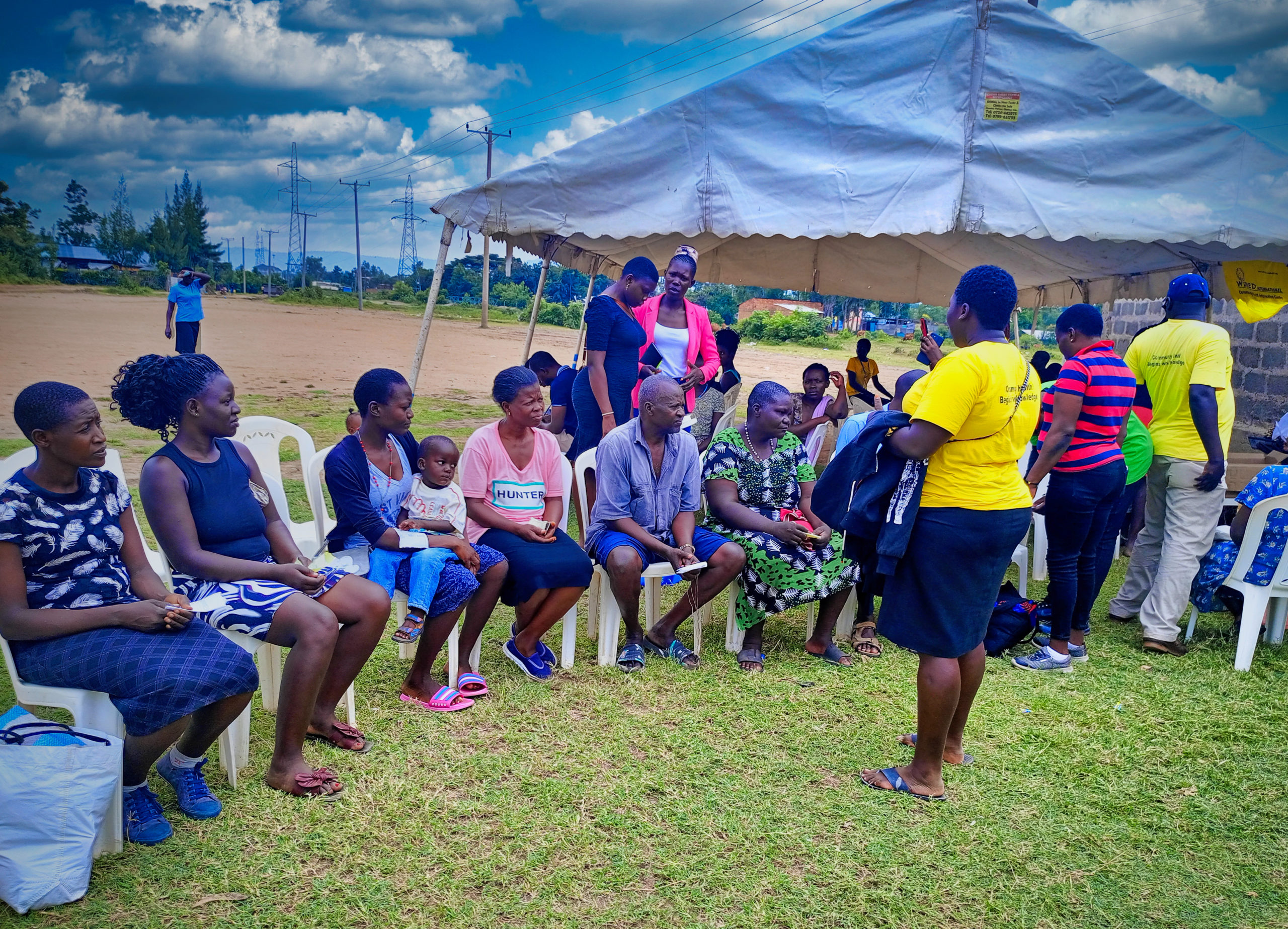Monthly Updates from WiRED International’s Community Health Workers in Kenya
The Numbers Tell the Tale
By Allison Kozicharow; Edited by Elizabeth Fine
How can we measure the achievements of WiRED International’s community health workers (CHWs) in Kisumu, Kenya?
One way is to look at the numbers. Lillian Dajoh, our manager in Kisumu, began sending CHW deployment reports in July 2020. An early monthly report that year stated that the first graduating class of 14 WiRED-trained CHWs reached a total of 1,686 people with health services. In September and October 2023, now with three years’ experience under their belts, WiRED CHWs averaged a whopping 9,666 people served!
The monthly breakdown for September/October 2023 is as follows:
In both months, top health concerns included malaria, handwashing, COVID and HIV/AIDS, with cholera being added to the list in October.
WiRED soon will announce that a new class of CHWs will graduate from the vigorous 200-hour training curriculum. These 20 new CHWs, trained by WiRED’s instructors, will deploy in communities several kilometers from where the current team works. However, this new team will operate under the direction of other organizations that serve the health needs of local people. We will provide more detail on this new group of CHWs in upcoming Web stories.
It’s worth noting that WiRED soon will announce a regular schedule for the Hodge Health Screening Clinics program (HHSC), rigorously tested during the past several months. These clinics will boost the capacity of the CHWs and increase the services they offer, all to improve the health of the underserved communities they have assisted during the past three years.
The following are a few testimonials from CHW deployment in early days and today. From infectious/noninfectious diseases to chronic ailments to mental health to proper sanitation, WiRED CHWs serve their communities as trusted sources for health issues, referrals and healthy practices.
From late 2020
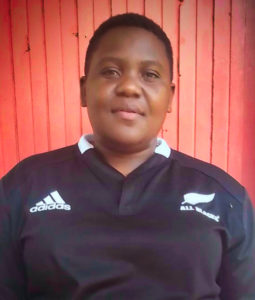 Health information in the community had not been taken seriously, but after the CHW training we CHWs started working in the community. We give health information and referrals. I learned about COVID-19 in the training even before the government put in a lockdown and was able to teach people in the community how to protect themselves against the virus. Now we can give back to the community, and they request that we keep on giving health information. They are very eager to be taught.
Health information in the community had not been taken seriously, but after the CHW training we CHWs started working in the community. We give health information and referrals. I learned about COVID-19 in the training even before the government put in a lockdown and was able to teach people in the community how to protect themselves against the virus. Now we can give back to the community, and they request that we keep on giving health information. They are very eager to be taught.
— Mildred Digolo, CHW
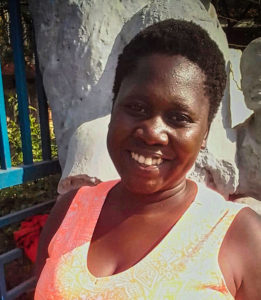 One group of women I met with said that most of them lost their babies due to food choking and lack of knowledge. After the session they promised that they would never again lose anyone due to choking. CHWs assist with day-to-day health issues, providing communities with basic self-care. The community no longer has to go to the hospital for simple sicknesses such as headaches because they know how to manage such illnesses themselves. I am glad the communities have taken our teaching positively and are sticking to the awareness on prevention measures on certain diseases. I thank WiRED and its team for making our communities’ dream for better health come true.
One group of women I met with said that most of them lost their babies due to food choking and lack of knowledge. After the session they promised that they would never again lose anyone due to choking. CHWs assist with day-to-day health issues, providing communities with basic self-care. The community no longer has to go to the hospital for simple sicknesses such as headaches because they know how to manage such illnesses themselves. I am glad the communities have taken our teaching positively and are sticking to the awareness on prevention measures on certain diseases. I thank WiRED and its team for making our communities’ dream for better health come true.
— Bunnyce Atieno, CHW
From fall 2023
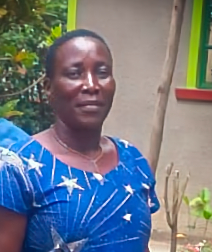 During my daily duties I came across a man who had difficulty walking and pain on one side of his leg. I took time to converse with him. I found he had symptoms of arthritis. I asked him if he knew what that was, and he said no. I explained the causes to him and the signs of pain and stiffness in the joint and numbness in the leg. I advised him to go to a medical facility for treatment and that he could manage his symptoms through exercise.
During my daily duties I came across a man who had difficulty walking and pain on one side of his leg. I took time to converse with him. I found he had symptoms of arthritis. I asked him if he knew what that was, and he said no. I explained the causes to him and the signs of pain and stiffness in the joint and numbness in the leg. I advised him to go to a medical facility for treatment and that he could manage his symptoms through exercise.
—CHW Nelly Oyule
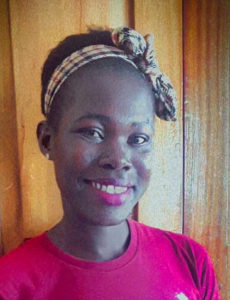 As I was working in my community it is clear that many people, especially youth, need to be informed about sexually transmitted diseases and HIV/AIDS. I taught classes on how to prevent these diseases. The youth are afraid to admit to having these diseases, but I encouraged them to practice prevention and abstention. Peer pressure is very strong, especially on the girls. I advised the youth to seek medical checkups. They responded well and urged me to continue educating them to make them better able to have a healthy future.
As I was working in my community it is clear that many people, especially youth, need to be informed about sexually transmitted diseases and HIV/AIDS. I taught classes on how to prevent these diseases. The youth are afraid to admit to having these diseases, but I encouraged them to practice prevention and abstention. Peer pressure is very strong, especially on the girls. I advised the youth to seek medical checkups. They responded well and urged me to continue educating them to make them better able to have a healthy future.
—CHW Caren Osomo

